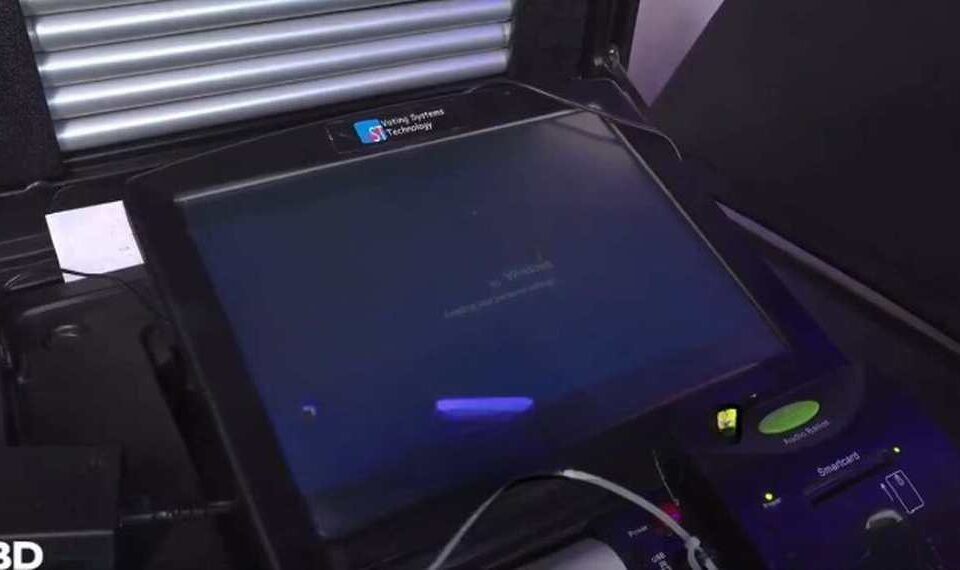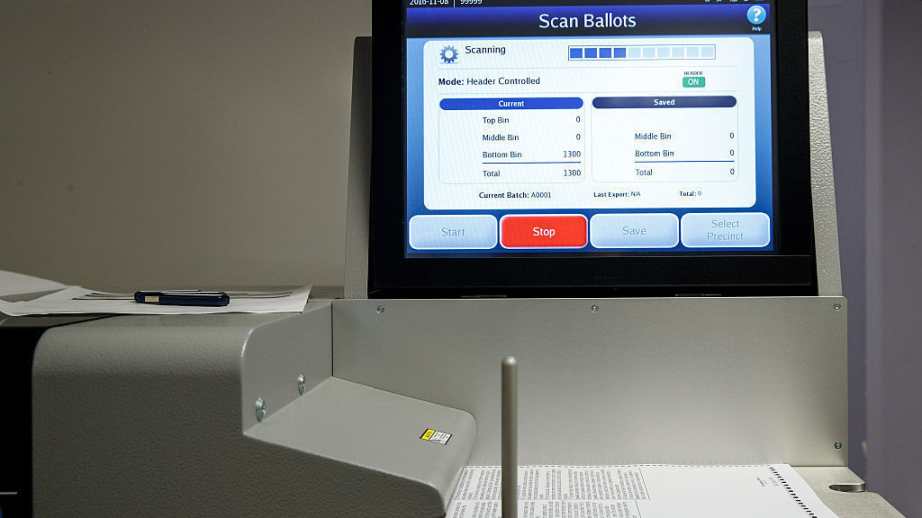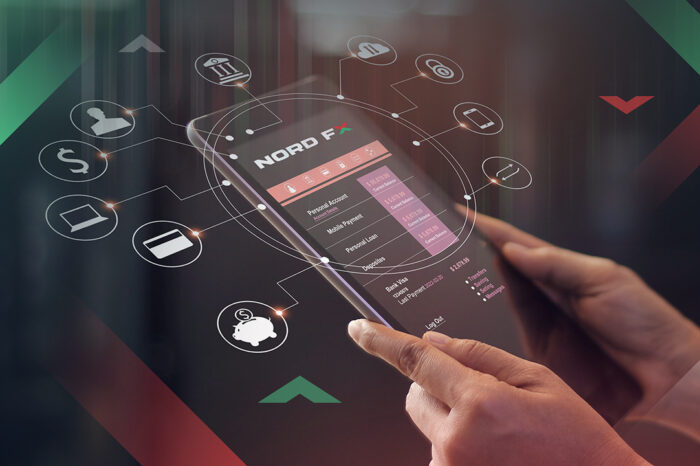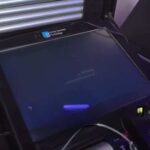Finnish hacker Harri Hursti hacks U.S. voting machine on live podcast

Earlier this year, Germany banned the use of electronic voting machines in its elections. The country’s Constitutional Court (similar to the U.S. Supreme Court) based its decision on Germany’s Basic Law, underscoring the idea that transparency is essential in elections.
The ruling emphasized a key principle: all essential election processes must be open to public scrutiny. This idea of transparency applies to electronic voting too. The court’s ruling highlighted that citizens should be able to verify the crucial steps in an election without needing expert knowledge.
Germany isn’t the only country raising questions about election integrity. After the 2020 U.S. elections, concerns emerged over the lack of a reliable paper trail. You might recall the time a hacker at a Las Vegas convention managed to breach voting machines used in 18 states in under two minutes—an alarming incident we reported on before the 2020 election.
But this wasn’t a one-off event. Finnish cybersecurity expert Harri Hursti recently hacked a U.S. voting machine live on a podcast. If you’re unfamiliar with Hursti, he’s renowned for his work in exposing vulnerabilities in voting systems. Back in 2018, he was part of a major hack test known as the “Hursti Hack,” which revealed serious security flaws in Diebold voting systems.
Hursti’s expertise was also featured in the HBO documentary Hacking Democracy and Kill Chain: The Cyber War on America’s Elections, where he uncovered just how unprotected voting systems are. In 2022, NPR also reported that Hurti bought 200 used voting machines on eBay—without any issues. But the machine he purchased on eBay more recently? That sparked an investigation by Michigan officials who want to know how it ended up on the market.

Finnish cybersecurity expert Harri Hursti
In an article titled, “A hacker bought a voting machine on eBay. Michigan officials are now investigating,” NPR said this about Hurti:
“Hursti is a cybersecurity expert who is often contracted by state-level election officials to test vulnerabilities in voting machines. That’s why he bought the Dominion ImageCast X machine as soon as he saw it online, he told NPR during a phone interview.”
Fast forward to today, Hursti is now raising the alarming ease with which he could manipulate a voting machine. In a live podcast with PBD, Hursti demonstrated how someone could take complete control of the machine using a pre-programmed USB stick—creating votes or altering results in seconds.
“If this had been a real election, I could have gone into the system and changed everything,” Hursti explained. When asked just how much could be altered, he replied, “Anything. I could add a new candidate who wasn’t even on the ballot.”

Hursti’s demonstration shines a harsh light on the vulnerabilities that still exist in election security, raising important questions about the integrity of future elections. For more details about Hursti, check out his Wikipedia page.
Voting machine hacking poses a serious threat to the integrity of our election system, and Hursti isn’t the only expert raising concerns. New Scientist also reported that “hacking a US electronic voting booth takes less than 90 minutes.”
Here’s a video showing how Hursti hacked a voting machine used in some U.S. states in just seconds, live on PBD’s podcast.




